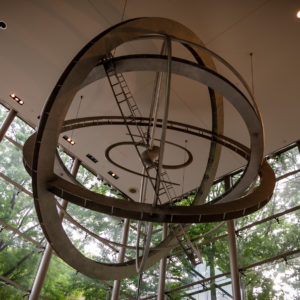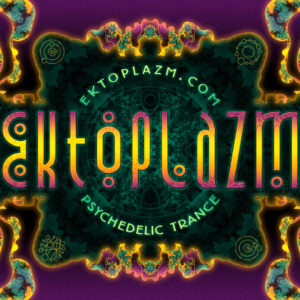A free culture supports and protects creators and innovators. It does this directly by granting intellectual property rights. But it does so indirectly by limiting the reach of those rights, to guarantee that follow-on creators and innovators remain as free as possible from the control of the past. A free culture is not a culture without property, just as a free market is not a market in which everything is free. The opposite of a free culture is a permission culture—a culture in which creators get to create only with the permission of the powerful, or of creators of the past.
For the first time in our tradition, the ordinary ways in which individuals create and share culture fall within the reach of the regulation of the law, which has expanded to draw within its control a vast amount of culture and creativity that it never reached before. The technology that preserved the balance of our history—between uses of our culture that were free and uses of our culture that were only upon permission—has been undone. The consequence is that we are less and less a free culture, more and more a permission culture.






